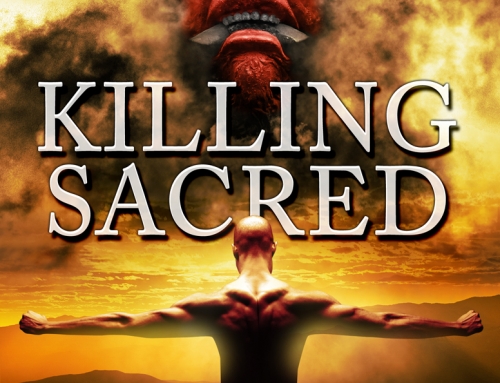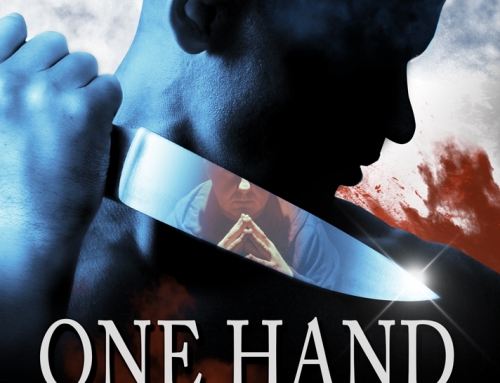As I reinvent myself one more time, and at last begin to fulfill my lifelong passion to write fiction, I must finally learn how to practice the “cultivation of leisure.”
This phrase: “cultivation of leisure,” which I know I got right, has lived in my right brain since I heard it probably 20 years ago—but I do not recall the writer who said it. Even Google has failed me here. (And it’s not Oscar Wilde, though I suppose it could have been. But my memory says no, so I will trust that.)
It was said in reference to fiction writing: if you want to write fiction there is no better teacher than the cultivation of leisure. Or something to that effect.
It must have been said by a 19th or early 20th century author because I remember thinking: that’s fine for you who does not need to work and make a living, for you who comes from money and has the luxury of time, for you who is a trust fund baby. So I moved on and put my dream of writing fiction on a shelf. (Here’s a recent NYTimes column worth reading about our 21st century ‘busy’ trap that many of us are buried in. So not the cultivation-of-leisure lifestyle that a writer, or anyone else who wants a meaningful existence, needs.)
But the dream and need to write fell off that shelf, so I wrote a few non-fiction books that called to me to write, that helped to pay the bills, that taught me the discipline of writing a book from beginning to middle to end. I learned how to live well with very little money. I did everything I wanted to do, helped many people in their spiritual practice, and never regretted a day of it.
So now, at the ripe young age of 60ish, I want to write fiction, I want to write good fiction, I want to write fiction that people will read, enjoy and perhaps learn something interesting from. I wrote a mystery novel several years ago that I recently self-published after it sat in a drawer for years, after it got rejected by legacy publishers, after I had once again given up my dream. And I have a second one that will be published in the fall.
So I must cultivate leisure. For my imagination to have space and air and freedom to roam.
The whole idea of cultivating leisure goes against my New-England-bred, Southern-Baptist-raised, Puritan-work-ethic self. But my heart tells me to heed this advice from my nameless forebear. What I do remember is that he (and I’m sure this mentor was a he, damn it) was a writer I read and admired—there are so, so many of them. And if I want to be any good at all I must slow down, listen to my imaginary machinations, and allow myself to take chances, to make mistakes, and as Natalie Goldberg—a contemporary mentor—once told me: allow yourself to write “the worst shit in the world.”
The cultivation of any garden, be it vegetable or literary, needs a huge pile of compost. So I will write some shit. I don’t have to, and won’t, publish the smelly stuff; I’ll wait for the fruit to bloom. That’s all part of cultivating leisure.
But I do not want to forget the shit—that’s what makes any good fiction worth reading.




Hallelujah! Well said. An apt image
Yes, in the process of creating anything we must be willing to take a chance, over and over. There is certainty in NOT taking the chance to create. Certain death and stagnation. If we act; then there is moving in and into the unknown. Unknown joy,discovery and freedom. Knowing is the booby prize. All the spectators in the bleachers of life knows exactly what the “player’ should have done. And all the while, the player is in the action; sometimes winning, sometimes doing “shit”, but always in action.
This is so true in any pursuit whether it be in the arts, entrepreneurship or even working for someone else. To explore who you are in this life one must be willing to make mistakes and learn from them. The person who is afraid to make mistakes is the person who lives a life of quiet desperation. As a fine arts painter, I have made many successful paintings, paintings that people have paid very good money for. But, in the process of learning to become an artist, I have had to make many, many paintings that were failures. And learn from them. Because I work in oil, many but not all of the failed can be fixed. Each painting is a stepping stone to the next painting. The great American Impressionist Wolf Kahn says you have to throw your first 500 paintings away. That’s a little drastic, Wolfie, 500???
In blazing off into a new direction in the realm of painting, I often feel lost without any idea of what to do next. I was taught to keep going, keep working and solutions will be revealed. This is where the faith in yourself comes into play. Living is an act of faith, who knows what can happen in the next hour, the next day? It is difficult to putt all harsh self-judgement aside but it is the only way to truly grow. The letters FEAR stand for; False Evidence Appearing Real. So do your work, don’t judge it so hard, it is never going to be perfect anyway. The Indian master rug weavers always deliberately put an error somewhere in their product because as they say, only God is perfect.